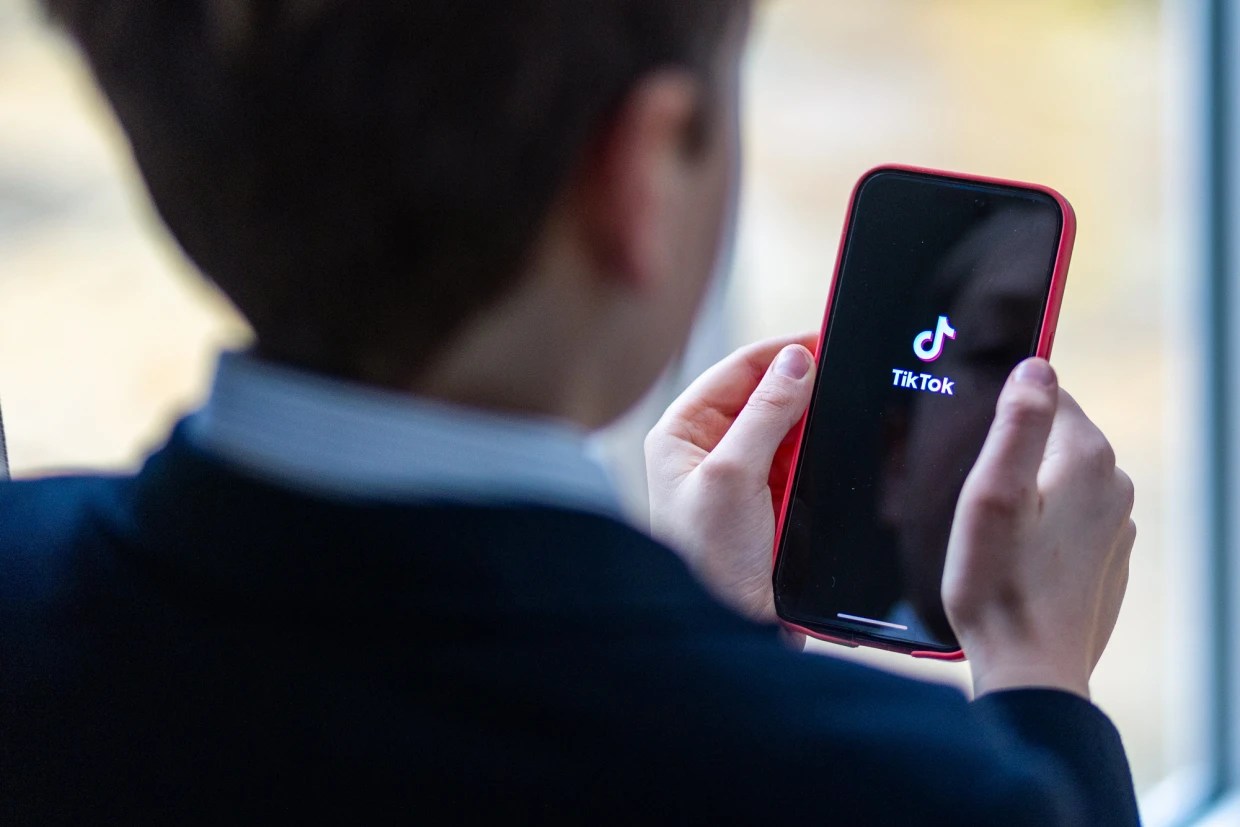What to Know
- Samsung used to make fun of Apple for removing the headphone jack on the iPhone.
- But Samsung reversed course and removed the 3.5mm headphone jack on its new Galaxy Note 10 phones that were unveiled Wednesday.
- Apple turned out to be right: removing it may have helped it generate billions of dollars in sales of wearables, such as AirPods.
Samsung used to use headphone jacks on its smartphones as a marketing tool against Apple. But Wednesday, Samsung reversed course.
Samsung introduced the Galaxy Note 10 and Galaxy Note 10+ Wednesda. Neither phone has a standard 3.5mm headphone jack, a first for the Galaxy Note family which has traditionally tried to distinguish itself from Apple’s iPhones with features Apple doesn’t have, like a stylus, expandable storage and, until now, the headphone jack.
In 2016 Samsung mocked the lack of an iPhone jack in the iPhone 7 by showing someone using an iPhone with a bunch of dongles attached, allowing him to listen to music and charge at the same time. The implication was that viewers should buy Samsung’s Galaxy phones, which still had the feature. The ad is no longer live on Samsung’s YouTube channel, where the company has quietly removed most of the ads mocking Apple. It lives on in other places like iSpot.tv.
Apple turned out to be right about the change, however silly it seemed at first.
Apple senior vice president of worldwide marketing Phil Schiller explained why Apple decided to ditch it, with this gem: “The reason to move on: courage. The courage to move on and do something new that betters all of us.”
But Schiller also introduced AirPods, which have quickly become the most popular Bluetooth headset. He explained why Apple was moving on: to help sell an accessory. “We do have a vision for how audio should work on mobile devices: wireless,” he said.
Tech
That’s paying off in the long-term.
Apple CEO Tim Cook said during the company’s fiscal Q3 earnings call that “it was a sensational quarter for wearables, with growth accelerating to well over 50%.” Apple’s “wearables, home and accessories” sales totaled $5.53 billion during the quarter, beating analyst estimates of $4.59 billion.
It’s easy to see why: AirPods made it super easy to switch to wireless audio. They’re are much more simple to set up than traditional headphones, thanks to Apple’s proprietary W1 (and now W2) chips inside AirPods and Beats products. And you can easily switch to listen to audio on your other Apple devices, such as iPads and Macs, without re-pairing AirPods.
There may have been a more technical reason for Apple’s decision to remove it, too.
iFixit, which tears down new products and shows how to fix them, found that Apple also removed the headphone jack to include a new “Taptic Engine” in the iPhone 7. The “Taptic Engine” is what provides the light vibrating feedback on iPhones when you interact with the screen or receive notifications, and it’s often considered the best in any phone.
Samsung’s decision wasn’t so much about “courage” or moving people to wireless headphones. (It does sell Galaxy Buds, which are quite similar to AirPods.) Instead, it said it removed the headphone jack to provide a bigger battery and, in turn, longer battery life for Note power users. It’s a good idea: Most people tell me that of all the new features hitting the market, all they want is longer battery life.
There might be some backlash, though.
Early feedback, at least on CNBC’s YouTube channel where we ran our Galaxy Note 10 and Galaxy Note 10+ hands-on, shows potential Note 10 buyers might still want the headphone jack.
“No headphone jack, rly Samsung?” one user posted.
“Samsung was killing it until they removed the headphone jack,” another user said. “No headphone jack? No purchase for me. I like my [Note] 9, it had everything I wanted. Not everyone has Bluetooth in their cars yet,” another commented.
So, while Samsung once mocked Apple for removing it, it may have learned a lesson from Apple: You can still sell millions and millions of phones without a headphone jack. You might even generate billions in sales from a new business, as Apple has.
This story first appeared on CNBC.com. More from CNBC:



